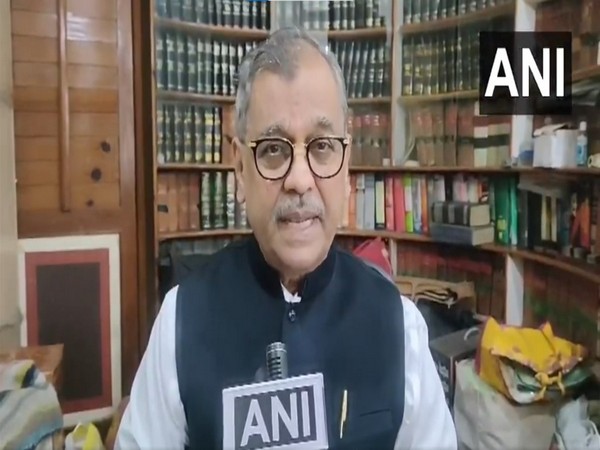US Supreme Court Clears Path for Tahawwur Rana's Extradition to India in 26/11 Case
The US Supreme Court has denied Tahawwur Hussain Rana's petition, facilitating his extradition to India. Advocates believe his extradition could unveil further links between the Mumbai attacks and Pakistani security forces, as suggested by revelations from co-conspirator David Headley.

- Country:
- India
In a significant decision, the United States Supreme Court has refused to entertain Tahawwur Hussain Rana's petition, which attempted to halt his extradition to India for his involvement in the Mumbai terror attacks. This decision comes after a lower court favored his extradition based on substantial evidence against him.
Tahawwur Rana, a Pakistani-origin businessman, was convicted in connection with the 26/11 Mumbai attacks that resulted in 164 fatalities. Rana was linked to the attacks alongside co-conspirator David Headley, who had previously shared crucial information revealing connections between Lashkar-e-Taiba and Pakistani ISI Army officers in a Mumbai court.
With the Supreme Court's dismissal, India is optimistic about gathering more evidence concerning Pakistan's involvement through Rana's extradition process. Advocate Ujjwal Nikam, who prosecuted in the original case, emphasized that this development will further unveil the extent of the Pakistani security apparatus's involvement in the attacks.
The denial of Rana's latest petition marks the conclusion of exhaustive legal battles in American courts, including a failed writ of habeas corpus. Rana's impending extradition is poised to bring new insights into the culpability of various parties involved in one of the most devastating terror attacks.
(With inputs from agencies.)










